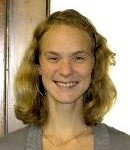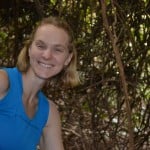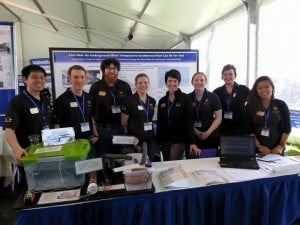 Kelly Boyer Ontl co-authored a paper, New evidence on the tool-assisted hunting exhibited by chimpanzees (Pan troglodytes verus) in a savannah habitat at Fongoli, Senegal published in the Royal Society Open Science,
Kelly Boyer Ontl co-authored a paper, New evidence on the tool-assisted hunting exhibited by chimpanzees (Pan troglodytes verus) in a savannah habitat at Fongoli, Senegal published in the Royal Society Open Science,
was summarized in numerous news articles highlighting the team’s chimpanzee research including Chimps that Hunt Offer a New View on Evolution from the New York Times, Women are better at DIY (in chimps at least): Female primates can master and use tools more easily than males from Daily Mail, and Female Chimps More Likely Than Males to Hunt With Tools from Smithsonian.
ABSTRACT:
For anthropologists, meat eating by primates like chimpanzees (Pan troglodytes) warrants examination given the emphasis on hunting in human evolutionary history. As referential models, apes provide insight into the evolution of hominin hunting, given their phylogenetic relatedness and challenges reconstructing extinct hominin behaviour from palaeoanthropological evidence. Among chimpanzees, adult males are usually the main hunters, capturing vertebrate prey by hand. Savannah chimpanzees (P. t. verus) at Fongoli, Sénégal are the only known non-human population that systematically hunts vertebrate prey with tools, making them an important source for hypotheses of early hominin behaviour based on analogy. Here, we test the hypothesis that sex and age patterns in tool-assisted hunting (n=308 cases) at Fongoli occur and differ from chimpanzees elsewhere, and we compare tool-assisted hunting to the overall hunting pattern. Males accounted for 70% of all captures but hunted with tools less than expected based on their representation on hunting days. Females accounted for most tool-assisted hunting. We propose that social tolerance at Fongoli, along with the tool-assisted hunting method, permits individuals other than adult males to capture and retain control of prey, which is uncommon for chimpanzees. We assert that tool-assisted hunting could have similarly been important for early hominins.

